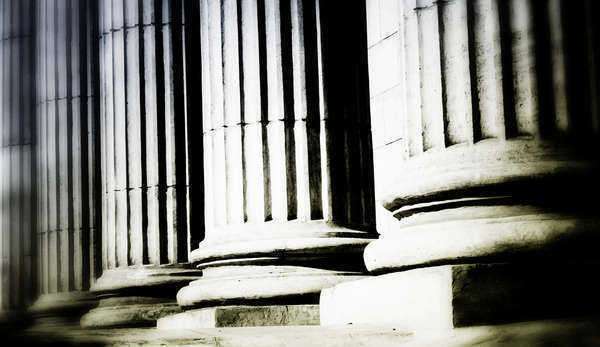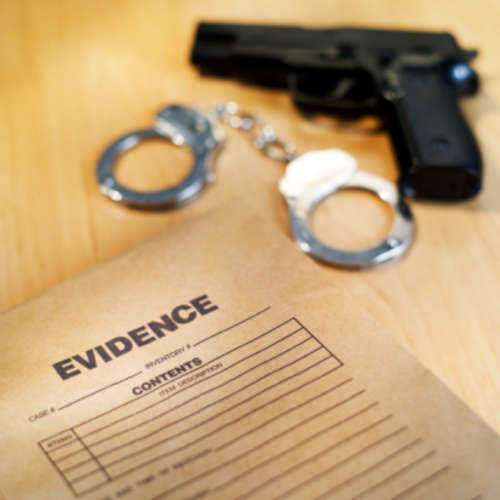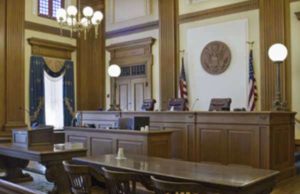The Federal Rules Of Evidence

The Federal Rules of Evidence is a set of rules which regard the manners in which evidence might be allowed into trials, and might function within trials, within the federal court system, specifically.
The Federal Rules of Evidence do not, thus, control the rules of evidence with regard to state courts, as each state is free to adopt its own rules of evidence which might differ from the Federal Rules of Evidence, although most states ultimately adopted evidence-based rules which are based on the Federal Rules of Evidence.
The Federal Rules of Evidence are designed to provide a fair and balanced basic framework in which the jury can understand how it should be considering different pieces of evidence, and what exact evidence should be allowed into consideration.
The Federal Rules of Evidence include rules concerning any evidence about a given individual’s prior crimes, which state that considering those crimes is not allowed in terms of considering the crime or issue at stake in the current trial, unless those previous crimes are somehow directly relevant, and they also include rules concerning the admission of hearsay into the trial, as hearsay might sometimes be an important piece of testimony, but it is often disallowed.
The Federal Rules of Evidence were adopted fully in 1975 under the Act to Establish Rules of Evidence for Certain Courts and Proceedings. The Federal Rules of Evidence do not often set out the punishments for violations of the Federal Rules of Evidence.














